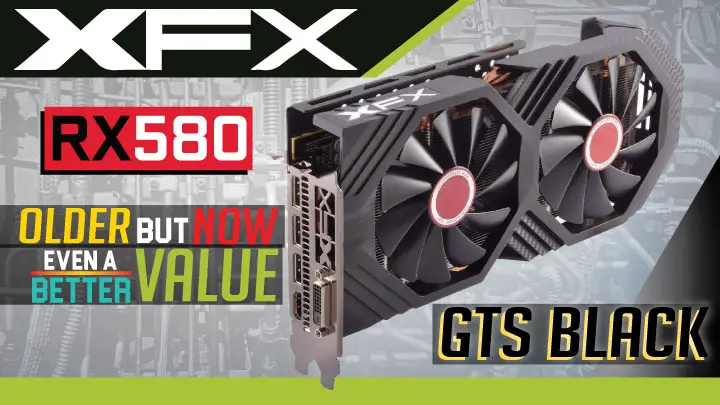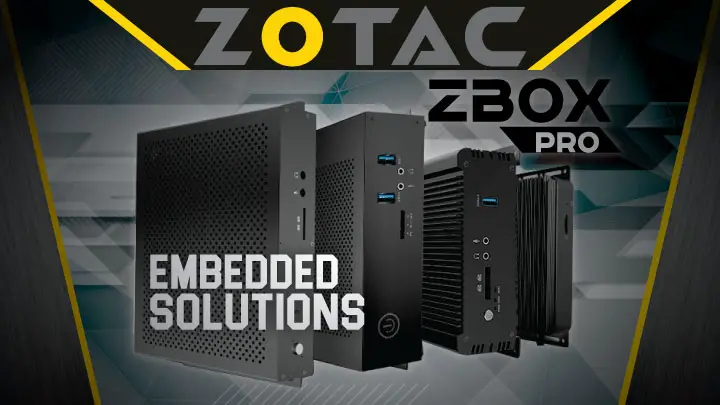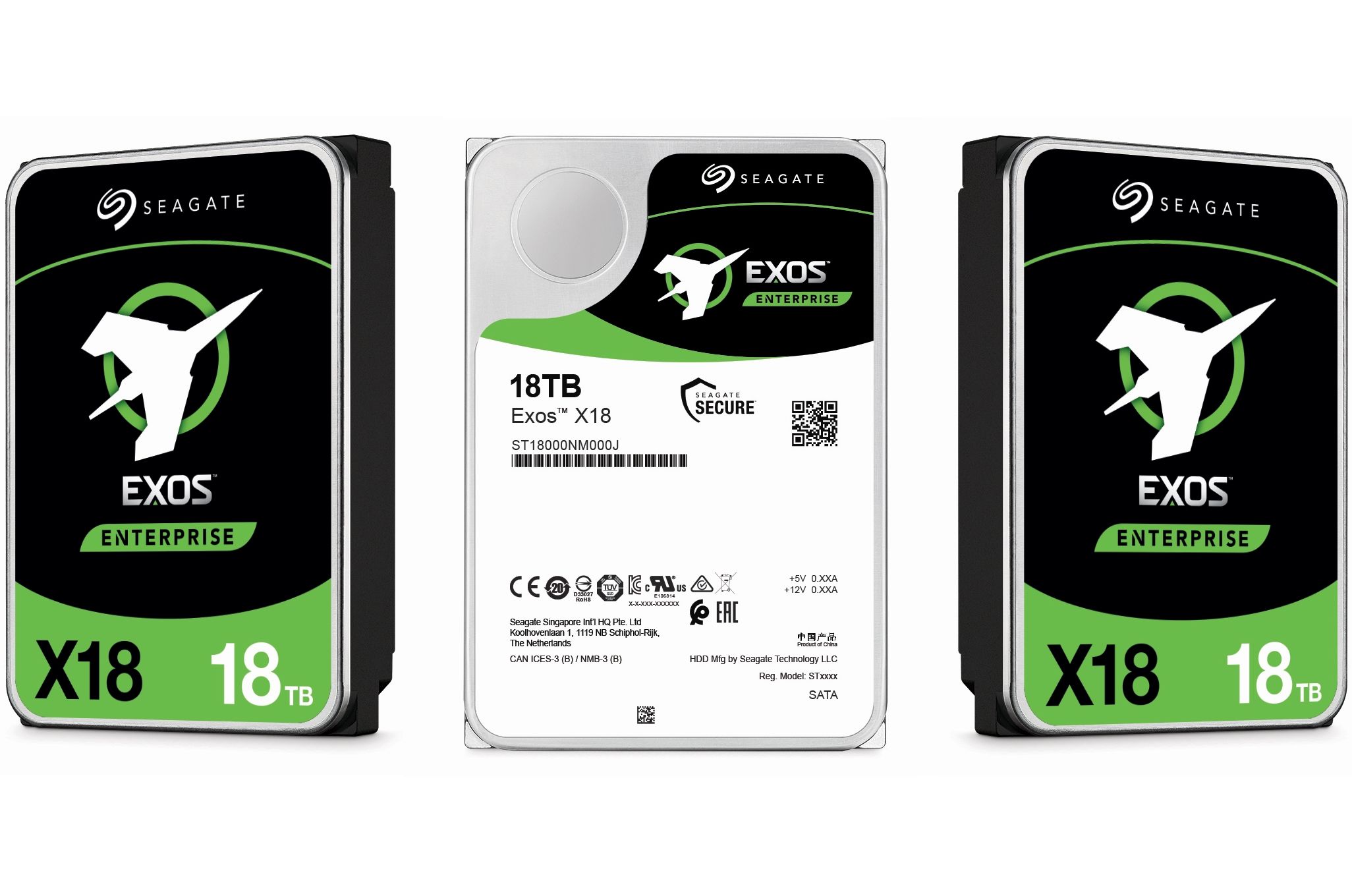Thanks to AMD’s rather deep-tweaking abilities getting the most from any Radeon RX-500 series card is not that difficult. By the same token, it almost falls into the ‘why bother’ category. The Radeon RX-580 in the XFX GTS Radeon RX 580 Black is an already highly clocked core and no matter how much extra voltage you are willing to apply it is probably not going to break the 1500Mhz barrier. In fact, our sample toped out at 1470MHz – or a mere 45Mhz more than what the factory rates this card for. Though with out manual overclock it hits 1470Mhz and stays there now… instead of peaking at 1425Mhz and usually running slower. In this regards XFX are pretty much the gold standard in ‘truth in advertising’ as their ‘True Clock’ rating makes it abundantly clear that this gen were not overclocking friendly.
No, core clocking is not this generations forte. Instead those interested in eking out a bit more performance should look towards the memory. Our particular sample uses rather decent (for its days) Samsung GDDR5 ICs and with a bit of TLC going from 8100Mhz (effective) to 8740Mhz(effective) is not that difficult. This will pay greater dividends at higher resolutions – which can be memory bandwidth limited – than at lower… so once again taking the time and effort to do a manual overclock may be contraindicated as modern games are a bit above this cards abilities at 4K resolution.
This is especially true when you take the increased power required, increased heat output, and increased noise in to consideration. The Radeon RX 580 were known to be hot running when released and nothing has changed. Though to be fair the XFX never really gets buzz saw loud. Instead it goes from fairly decent to rather noticeable. So unless you really, really want every last bit of performance we would skip it and get a higher factory overclocked model instead.
None of this really surprised us all that much. This older generation of AMD cards were designed to offer 99 percent or better of what they had to offer right out of the box… especially factory overclocked editions. Honestly, at this point in time, only hardcore enthusiasts and those who want to learn the ins and the outs of overclocking should try their hand and manually overclocking Radeon RX 580 series cards. For everyone else, the couple dollar difference in price between a ‘basic’ (or AMD stock clocked) and ‘high end’ (or factory overclocked) Radeon RX 580 means that only the high-end cards are what we personally would even consider buying.











